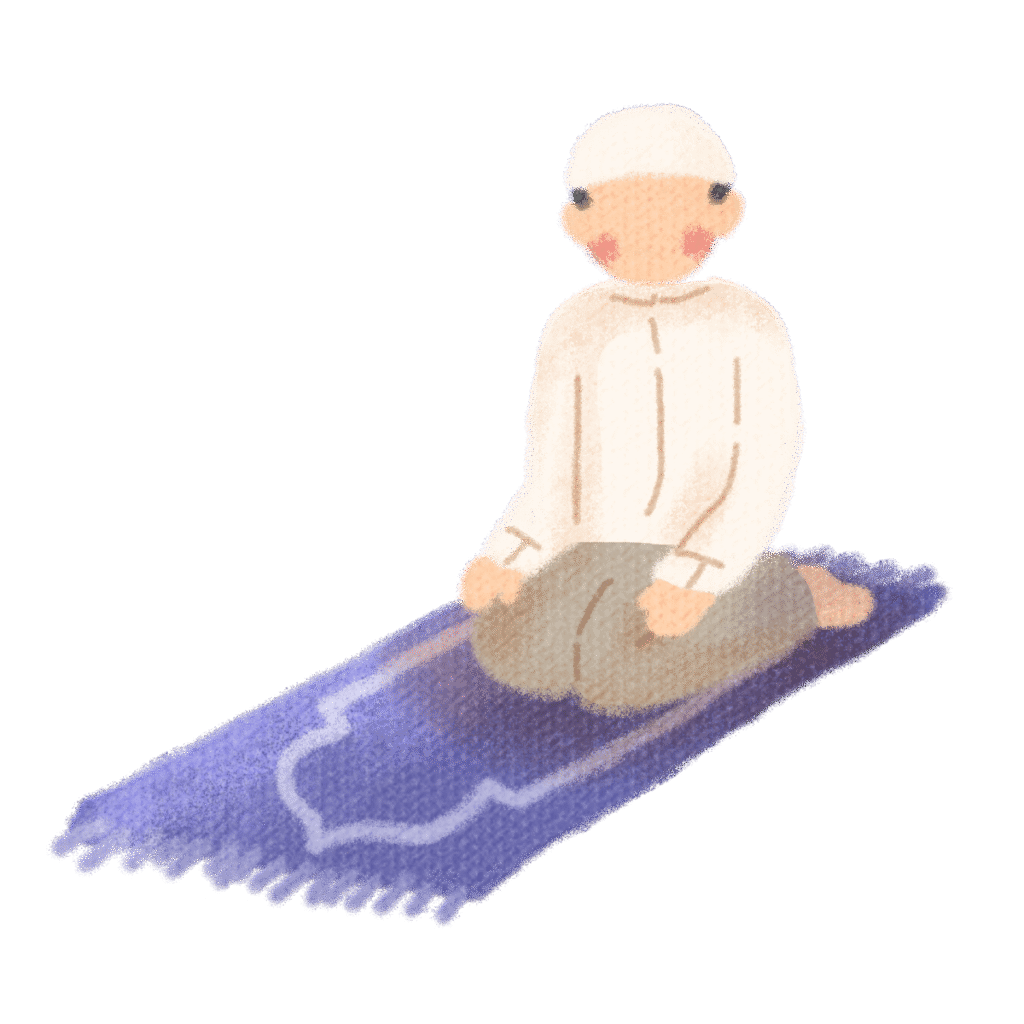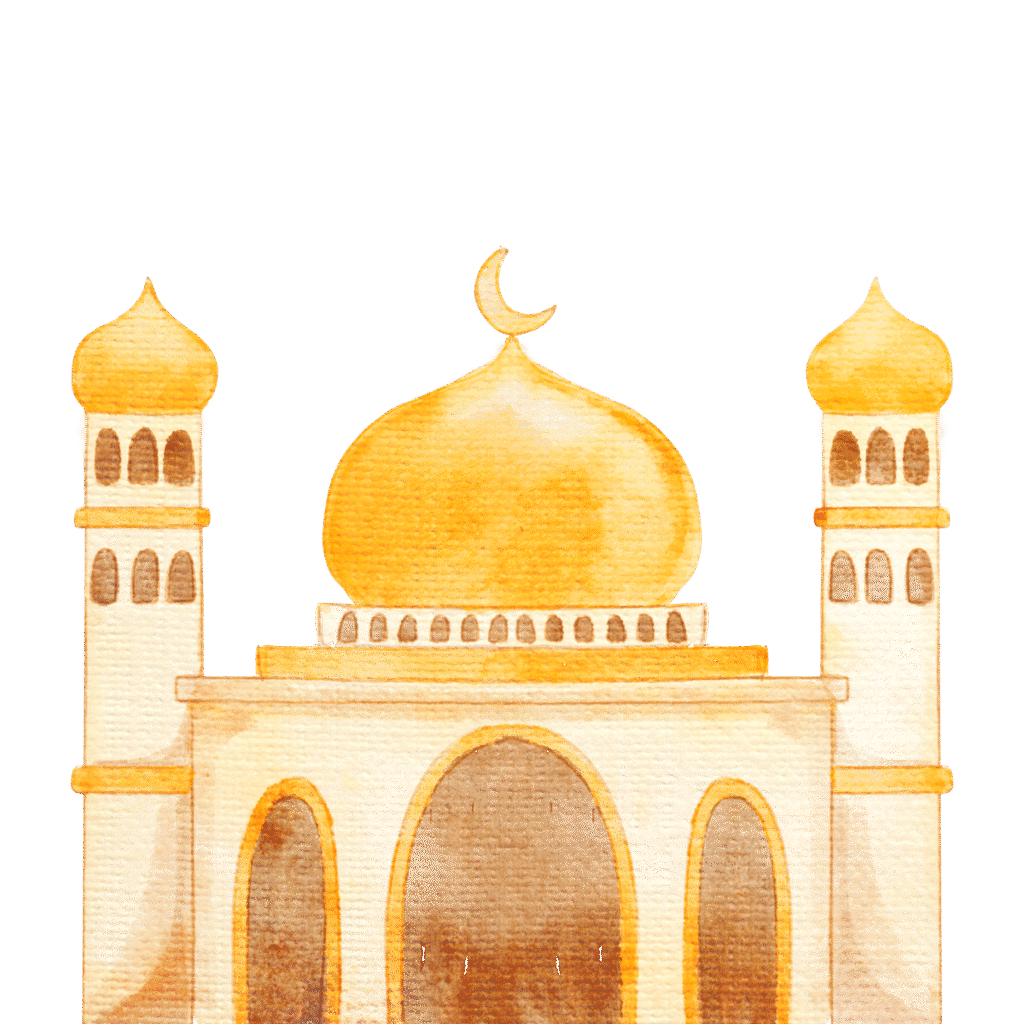Still working on this one…BUT, in the meantime, here are some of my favourite passages from the Quran and Hadith about forgiveness.
Surah Az-Zumar (39:53):
“Say, ‘O My servants who have harmed yourselves by your own hands, do not despair of Allah’s mercy. Allah forgives all sins. He is truly the Most Forgiving, the Most Merciful.’”
Surah An-Nisa (4:110):
“And whoever does a wrong or wrongs himself but then seeks forgiveness of Allah will find Allah Forgiving and Merciful.”
Hadith Qudsi 34 (Tirmidhi):
“O son of Adam, so long as you call upon Me and ask of Me, I shall forgive you for what you have done, and I shall not mind. O son of Adam, were your sins to reach the clouds of the sky and were you then to ask forgiveness of Me, I would forgive you.”
Surah Nuh (71:10-12):
“Ask forgiveness of your Lord. Indeed, He is ever a Perpetual Forgiver. He will send [rain from] the sky upon you in [continuing] showers and give you increase in wealth and children and provide for you gardens and provide for you rivers.”
Surah Hud (11:90):
“And seek forgiveness of your Lord and repent to Him. Indeed, my Lord is Merciful and Affectionate.”
Hadith (Sahih Bukhari):
“A servant will continue to be forgiven as long as he does not intentionally commit a major sin, and Allah will forgive all sins, no matter how great they may be.” (Sahih Bukhari, Book 76, Hadith 577)
Hadith (Sahih Muslim):
“When a servant of Allah makes a mistake, Allah says, ‘My servant, I have forgiven you.'” (Sahih Muslim, Book 1, Hadith 349)
Surah Ghafir (40:3):
“The Forgiver of sin, the Acceptor of repentance, the Severe in punishment, the Bestower of favor. There is no deity except Him; to Him is the final return.”
Hadith (Sahih Muslim):
“A person who is seeking forgiveness should never doubt that Allah will forgive him, as long as he is sincere in his repentance.” (Sahih Muslim, Book 1, Hadith 349)
Hadith (Sunan Ibn Majah):
“Whoever seeks forgiveness for his brother in his absence, Allah will say, ‘I will grant you forgiveness like you have asked for your brother.'” (Sunan Ibn Majah, Hadith 3840)



